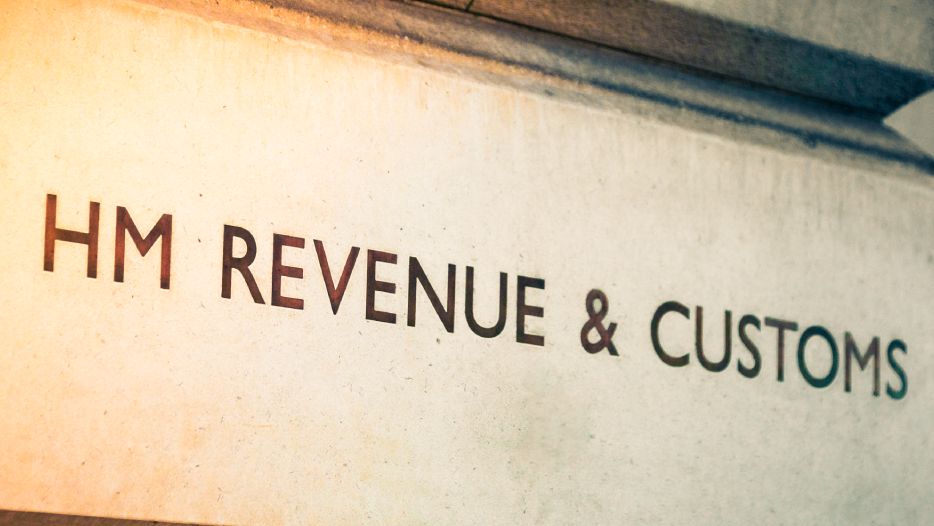
30 Oct 2024
Opportunities and challenges for the charity sector in the 2024 Autumn Budget
The Budget presents a mixed picture for the UK charity sector, with both opportunities and challenges. We've drawn out the key highlights.
Financial pressures and cost-of-living concerns
Charities continue to face cost pressures due to rising inflation and demand for services. With no significant increases in direct financial support for the sector, some may struggle with operational costs. According to a report from the Charities Aid Foundation (CAF), UK charities have reported a 10% increase in donations from the prior year. However, the Civil Society note this is unevenly distributed with greater impact on smaller charities who have seen expenditure rise 9% while income remained largely flat, indicating a downturn in operational sustainability.
Increase to National Insurance (NI)
National Councils for Voluntary Organisations SCVO, NCVO, NICVA, and WcVA penned an open letter to the Chancellor on charity sector NI contributions stating “there has been no mention of the voluntary sector. This comes as a disappointment, given that our sector provides essential public services to people and communities up and down the country”.
As trailed before the Budget, employer National Insurance (NI) contributions were announced to rise. This is likely to impact UK charities by straining their already limited financial resources. As many charities operate on tight budgets, higher payroll costs could force them to reassess staffing levels. This financial pressure could hinder charities’ long-term sustainability, limiting their capacity to respond to growing societal needs.
IFS Director Paul Johnson said: “these tax rises partly explain why the OBR has downgraded its projections for real household income growth over the next few years. The employer NICs rise will further increase the incentive for employers to switch to contracting with the self-employed.”
Public sector
There were several commitments to public services including £22.6bn towards the NHS, £5bn towards affordable housing, and commitments to rail routes largely in the north of England, in addition to HS2 funding for the route to terminate in London Euston.
School fees
The charity status of school fees is to be removed from 1 January 2025, therefore introducing VAT on private school fees. This is expected to raise £1.6bn in tax revenue each year, which is to be spent on state education, including the hiring of 6,500 more teachers. The policy may indirectly affect the charity sector more broadly, especially if independent schools and partnerships with charitable status see reduced demand for places and donations.
Charities that work with educational institutions, including those supporting disadvantaged students in independent schools, could see a reduction in funding or resources due to the financial adjustments schools will need to make to cope with the VAT charge. In line with previous assumptions, the Treasury said it expected to raise £460m from the measure by the end of the financial year in April 2025 and a further £1.6bn in 2025/26.
Focus on social services
Given the increased demand for social care and housing services, there may be some opportunities for charities working in these areas, especially as the budget prioritises public service sectors. With additional funding for affordable housing and towards addressing homelessness,
Matt Downie, Chief Executive of Crisis, said “This budget is a hugely promising step forward as we work to address the twin crises of housing and homelessness”.
In conclusion, today’s budget presents both positives and negatives for charities. While it outlines essential funding for social programs, important questions remain about future support for nonprofits. The charity sector will need to remain agile to navigate ongoing economic challenges.
Stay in the loop
Sign-up to our Charities newsletter to get the latest insights straight to your inbox.
Services for charities
Find out how we can help you help others with a range of investment management and banking solutions.
Start a conversation
Tell us about your charity’s challenges and needs and we’ll talk to you about your options.
More from our Trustee Academy






































